

I am passionate about creating government that is results-oriented, performance-based, citizen-focused, and collaborative in nature.
-- Currently serve as a senior fellow in IBM's Center for The Business of Government thought leadership group and as an associate partner with IBM's Global Business Service's public sector practice.
-- Served as Vice President Al Gore's deputy for his reinventing government initiative, out of the White House and Office of Management and Budget, for 8 years. Helped craft large-scale reform initiatives, such as introducing customer service measures, performance-based organizations, and changing executive appraisal standards to focus on performance.
-- Served as an assistant director for government management, and for intergovernmental affairs, at the Government Accountability Office for 16 years.
Specialties: Managing for Results, including: strategic planning, performance measurement, Balanced Scorecard, creating market-based incentives for performance, mapping stakeholder networks, and the use of IT to foster collaborative teams. Current focus is on providing insights on how government may operate in 2040.
| John M. Kamensky | Points |
|---|---|
| Academic | 0 |
| Author | 64 |
| Influencer | 0 |
| Speaker | 0 |
| Entrepreneur | 0 |
| Total | 64 |
Points based upon Thinkers360 patent-pending algorithm.
 Accountability and Performance Update – Feb 24 – Mar 2, 2025
Accountability and Performance Update – Feb 24 – Mar 2, 2025
Tags: Culture, GovTech, Management
 Accountability and Performance Update – Feb 17 - 23, 2025
Accountability and Performance Update – Feb 17 - 23, 2025
Tags: Culture, GovTech, Management
 Accountability and Performance Update – Jan 1 - 5, 2025
Accountability and Performance Update – Jan 1 - 5, 2025
Tags: Culture, GovTech, Management
 Accountability and Performance Update – Dec 23-31, 2024Accountability and Performance Update – Dec 23-31, 2024
Accountability and Performance Update – Dec 23-31, 2024Accountability and Performance Update – Dec 23-31, 2024
Tags: Culture, GovTech, Management
 Accountability and Performance Update – Dec 23-31, 2024
Accountability and Performance Update – Dec 23-31, 2024
Tags: Culture, GovTech, Management
 Accountability and Performance Update – Dec 2 - 8, 2024
Accountability and Performance Update – Dec 2 - 8, 2024
Tags: Culture, GovTech, Management
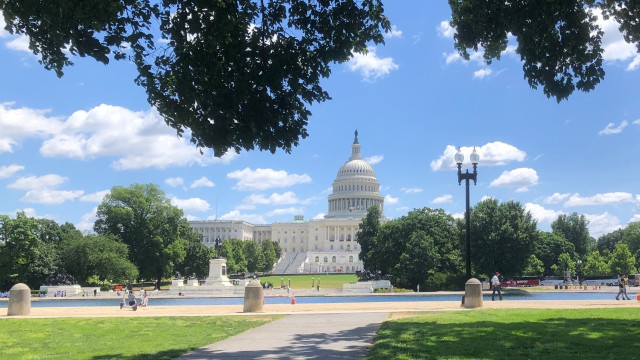 Accountability and Performance Update – Nov 18 - 24, 2024
Accountability and Performance Update – Nov 18 - 24, 2024
Tags: Culture, GovTech, Management
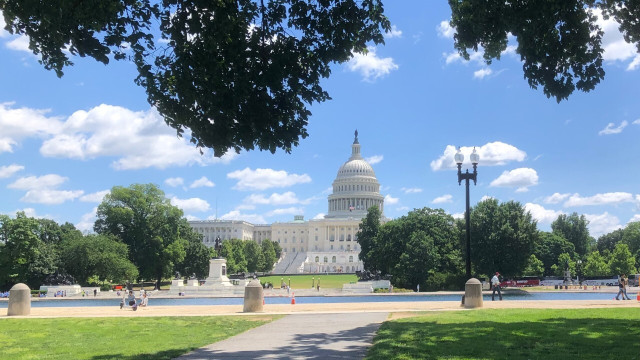 Accountability and Performance Update – Nov 12 - 17, 2024
Accountability and Performance Update – Nov 12 - 17, 2024
Tags: Culture, GovTech, Management
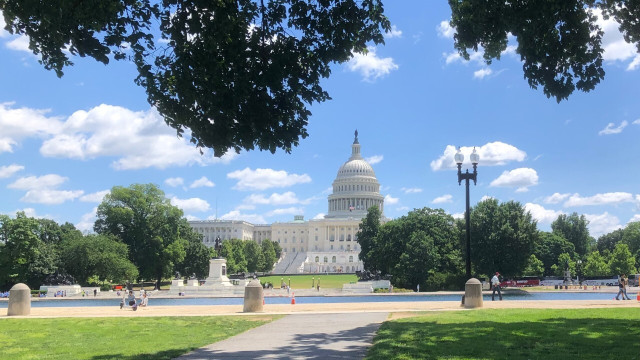 Accountability and Performance Update – Nov 4 - 11, 2024
Accountability and Performance Update – Nov 4 - 11, 2024
Tags: Culture, GovTech, Management
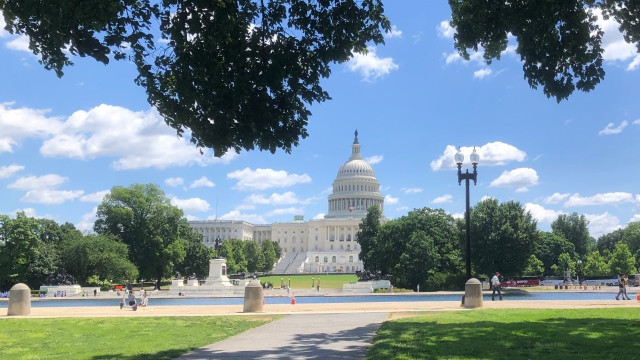 Accountability and Performance Update – Aug 26-Sep 1, 2024
Accountability and Performance Update – Aug 26-Sep 1, 2024
Tags: Culture, GovTech, Management
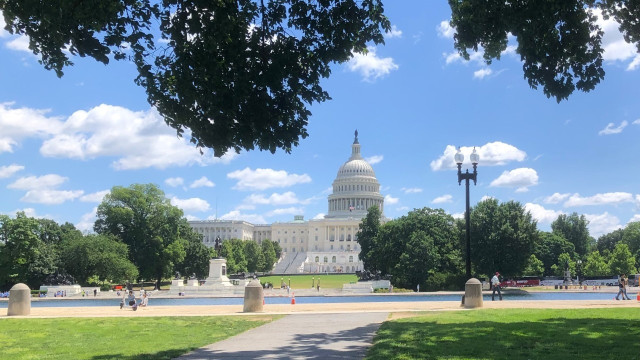 Accountability and Performance Update – Sept. 2-8, 2024
Accountability and Performance Update – Sept. 2-8, 2024
Tags: Culture, GovTech, Management
 Accountability and Performance Update – July 15-21, 2024
Accountability and Performance Update – July 15-21, 2024
Tags: Culture, GovTech, Management
 Accountability and Performance Update – July 1-7, 2024
Accountability and Performance Update – July 1-7, 2024
Tags: Culture, GovTech, Management
 Accountability and Performance Update – June 24-30, 2024
Accountability and Performance Update – June 24-30, 2024
Tags: Culture, GovTech, Management
 Accountability and Performance Update – June 10-16, 2024
Accountability and Performance Update – June 10-16, 2024
Tags: Culture, GovTech, Management
 Accountability and Performance Update – June 3-9, 2024
Accountability and Performance Update – June 3-9, 2024
Tags: Culture, GovTech, Management
 Accountability and Performance Update – May 27-June 2, 2024
Accountability and Performance Update – May 27-June 2, 2024
Tags: Culture, GovTech, Management
 Accountability and Performance Update – May 20-26, 2024
Accountability and Performance Update – May 20-26, 2024
Tags: Culture, GovTech, Management
 Accountability and Performance Update – May 6 – 12, 2024
Accountability and Performance Update – May 6 – 12, 2024
Tags: Culture, GovTech, Management
 Accountability and Performance Update – May 13-19, 2024
Accountability and Performance Update – May 13-19, 2024
Tags: Culture, GovTech, Management
 Accountability and Performance Update – Apr 22-28, 2024
Accountability and Performance Update – Apr 22-28, 2024
Tags: Culture, GovTech, Management
 Accountability and Performance Update – Apr 15-21, 2024
Accountability and Performance Update – Apr 15-21, 2024
Tags: Culture, GovTech, Management
 Accountability and Performance Update – Apr 8-14, 2024
Accountability and Performance Update – Apr 8-14, 2024
Tags: Culture, GovTech, Management
 Accountability and Performance Update – Apr 1-7, 2024
Accountability and Performance Update – Apr 1-7, 2024
Tags: Culture, GovTech, Management
 Accountability and Performance Update – Mar 18-24, 2024
Accountability and Performance Update – Mar 18-24, 2024
Tags: Culture, GovTech, Management
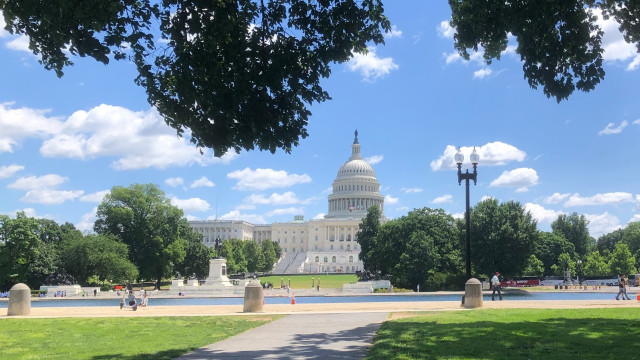 Accountability and Performance Update – Nov 4 - 11, 2024
Accountability and Performance Update – Nov 4 - 11, 2024
Tags: Culture, GovTech, Management
 Accountability and Performance Update – June 17-23, 2024
Accountability and Performance Update – June 17-23, 2024
Tags: Culture, GovTech, Management
 Accountability and Performance Update – Feb 24 – Mar 2, 2025
Accountability and Performance Update – Feb 24 – Mar 2, 2025 Accountability and Performance Update – Feb 17 - 23, 2025
Accountability and Performance Update – Feb 17 - 23, 2025